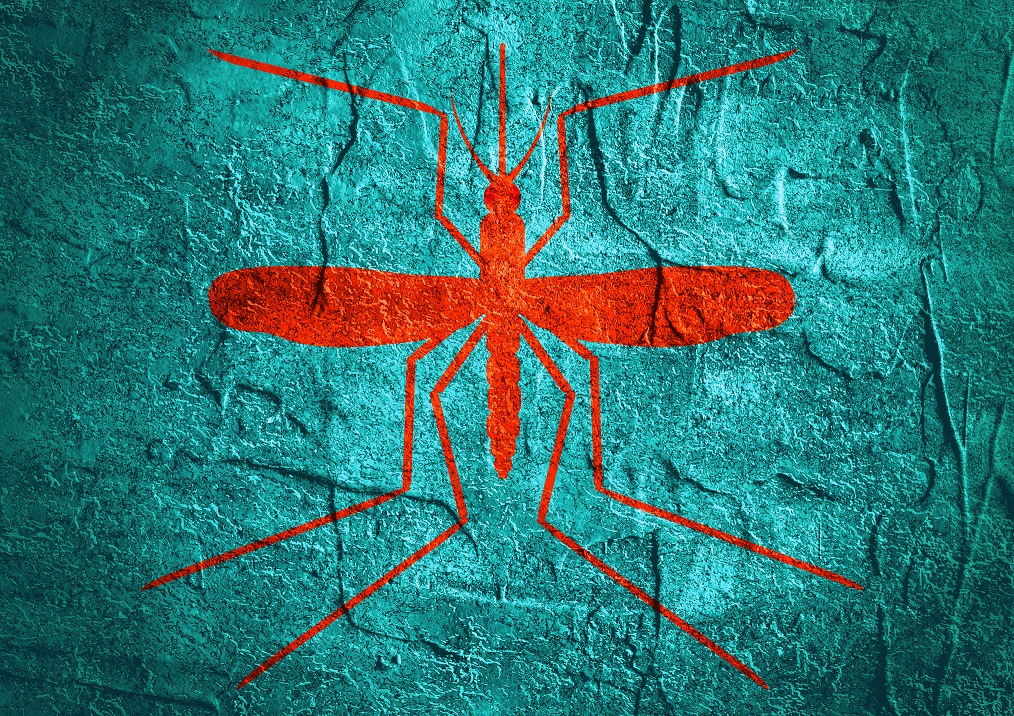 Since the beginning of this year, public health, health care, and vector control partners have been working hard to prepare and protect Arizona communities. As of this week, 40 cases of Zika have been reported in Arizona, all in people who traveled to countries with ongoing Zika transmission.
Since the beginning of this year, public health, health care, and vector control partners have been working hard to prepare and protect Arizona communities. As of this week, 40 cases of Zika have been reported in Arizona, all in people who traveled to countries with ongoing Zika transmission.
The CDC publishes a list of countries that have reported active Zika virus transmission. Of note for Arizonans,
Zika virus is associated with certain birth defects, including microcephaly. In order to prevent Zika infection of the fetus, people who have had Zika or who might have been exposed to Zika virus, should wait to get pregnant. From what we know about Zika at this time, men should wait at least 6 months and women should wait at least eight weeks after Zika symptoms begin or the last date of possible exposure to Zika virus (such as a return travel date or potential sexual exposure). If you live in or frequently visit an area with Zika transmission, talk to your healthcare provider about pregnancy plans, potential risk of Zika virus, and how to prevent Zika virus infection during pregnancy.
If you have traveled to an area with Zika transmission and are now experiencing Zika symptoms, or if you are pregnant and might have been exposed, testing is available. Talk to your local healthcare provider or local public health office to discuss testing options. Remember that the best weapon to protect yourself and the people around you from Zika is prevention, so help us spread the word on how to “Fight the Bite.”









